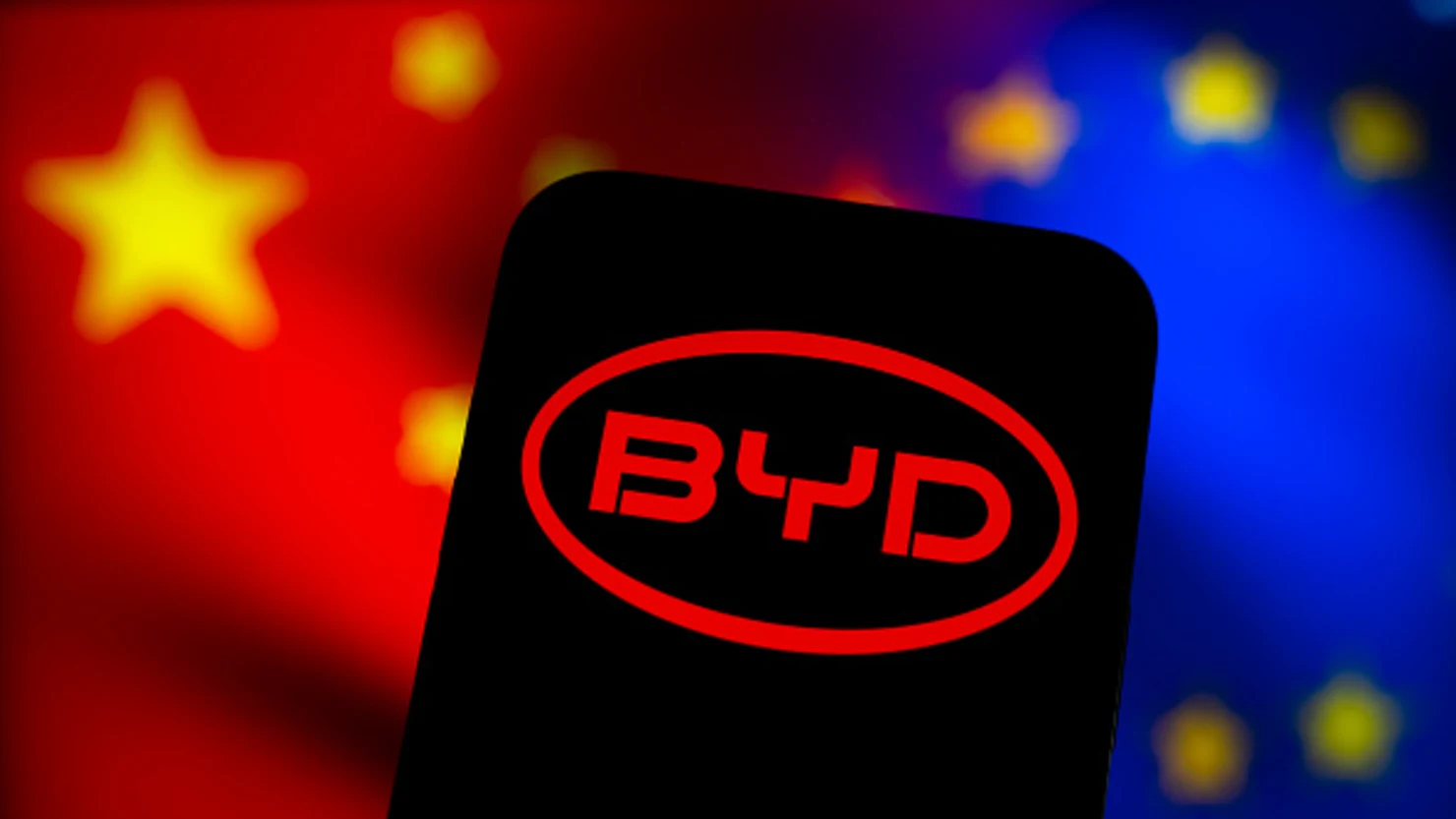Chinese electric vehicle manufacturer BYD achieved a milestone in April by selling more pure battery electric vehicles (BEVs) in Europe than Tesla for the first time, marking a significant moment in the region’s evolving car market. According to data from automotive intelligence firm JATO Dynamics, BYD’s European sales surged 359% compared to the previous year, underscoring the company’s rapid expansion efforts across the continent. This growth stands out especially as Tesla’s European volumes fell 49% over the same period, continuing a downward trend amid public protests and broader challenges facing the company in the region.
BYD’s success is notable given the European Union’s decision last October to impose punitive tariffs on battery electric vehicles manufactured in China, citing unfair trade practices. These tariffs set a 17% duty on BYD’s vehicles, substantially higher than the 7.8% tariff levied on Tesla’s China-made EVs. Some other Chinese EV manufacturers face tariffs as steep as 35%. Despite these obstacles, BYD’s sales performance rivaled Tesla’s, demonstrating the Chinese automaker’s growing influence in Europe’s competitive electric vehicle landscape. In fact, BYD has also outpaced established European brands such as Fiat and Seat in markets like France, signaling its rapid ascent.
JATO’s global automotive analyst Felipe Munoz described the moment as a “watershed” for Europe’s car market, highlighting that Tesla had dominated the region’s BEV sales for years while BYD only began its official expansion beyond Norway and the Netherlands in late 2022. BYD’s growth momentum is expected to strengthen further once its new manufacturing plant in Hungary comes online, establishing a European production hub that will support local demand and potentially reduce tariff impacts.
The European market is emerging as a critical battleground between BYD and Tesla, with experts noting the region’s EV market growth is set to outpace even that of China, where electric vehicle penetration is already high. The tariffs have pushed Chinese automakers like BYD to accelerate localization efforts, building manufacturing capacity within Europe. Tesla is similarly expanding its presence, with plans underway for increased production in Germany.
JATO’s report also emphasized that while the tariffs initially hindered Chinese automaker sales, the companies have adapted by broadening their product ranges to include plug-in hybrid electric vehicles (PHEVs), which remain untaxed under current EU rules. PHEVs combine an electric battery with an internal combustion engine, allowing these vehicles to sidestep tariff constraints and attract consumers seeking alternatives.
Demand for electric vehicles in Europe is on the rise, with registrations of battery EVs and plug-in hybrids increasing by 28% and 31% respectively, despite declines in internal combustion engine vehicle sales. Registrations of electric vehicles from Chinese automakers climbed 59% year-over-year in April, reaching nearly 15,300 units.
Before the EU introduced tariffs, some analysts suggested that duties would need to reach as high as 55% to deter Chinese EV exports to Europe. Despite the tariffs, BYD’s annual sales recently surpassed Tesla’s total, marking a significant competitive shift. Meanwhile, Tesla’s shares have declined by over 10% amid controversies surrounding CEO Elon Musk’s political involvement, although Musk recently affirmed his commitment to leading Tesla for the next five years.
BYD’s stock has surged roughly 78% year-to-date, reflecting investor confidence in the company’s expanding footprint and growing influence in the global electric vehicle market. This momentum positions BYD as a formidable competitor in Europe’s accelerating transition to electric mobility.
READ MORE:
